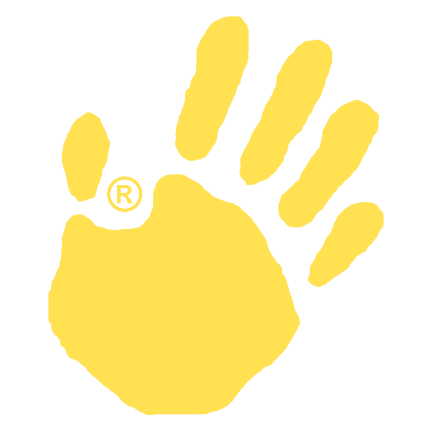Our trainers provide new and ongoing training on a variety of topics relevant to child caregiving for R’Club’s new hires and existing staff, as well as for community organizations. Below, you will find a sample of our training topics and their descriptions.
Trainings can be custom tailored to best meet your organization's individual needs. If you are interested in discussing training options for your group or business or learn more about pricing, please contact Penny Eggert at 727-578-5437, ext. 2851 or email her at peggert@rclub.net


 Contact Us
Contact Us
 About Us
About Us
 Change location
Change location
 920 19th Street South
St. Petersburg, FL 33712
USA
920 19th Street South
St. Petersburg, FL 33712
USA





